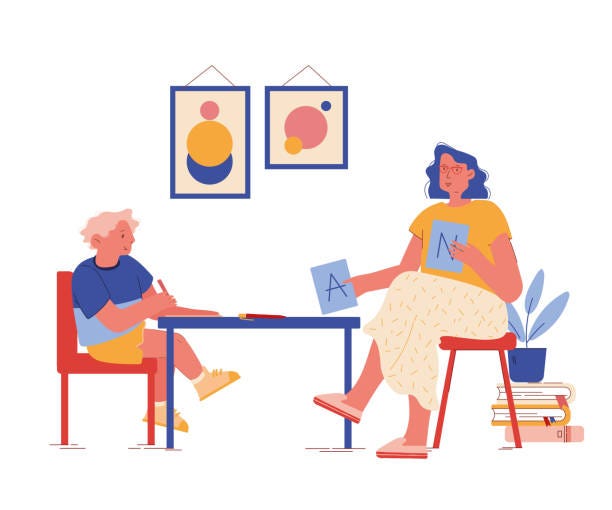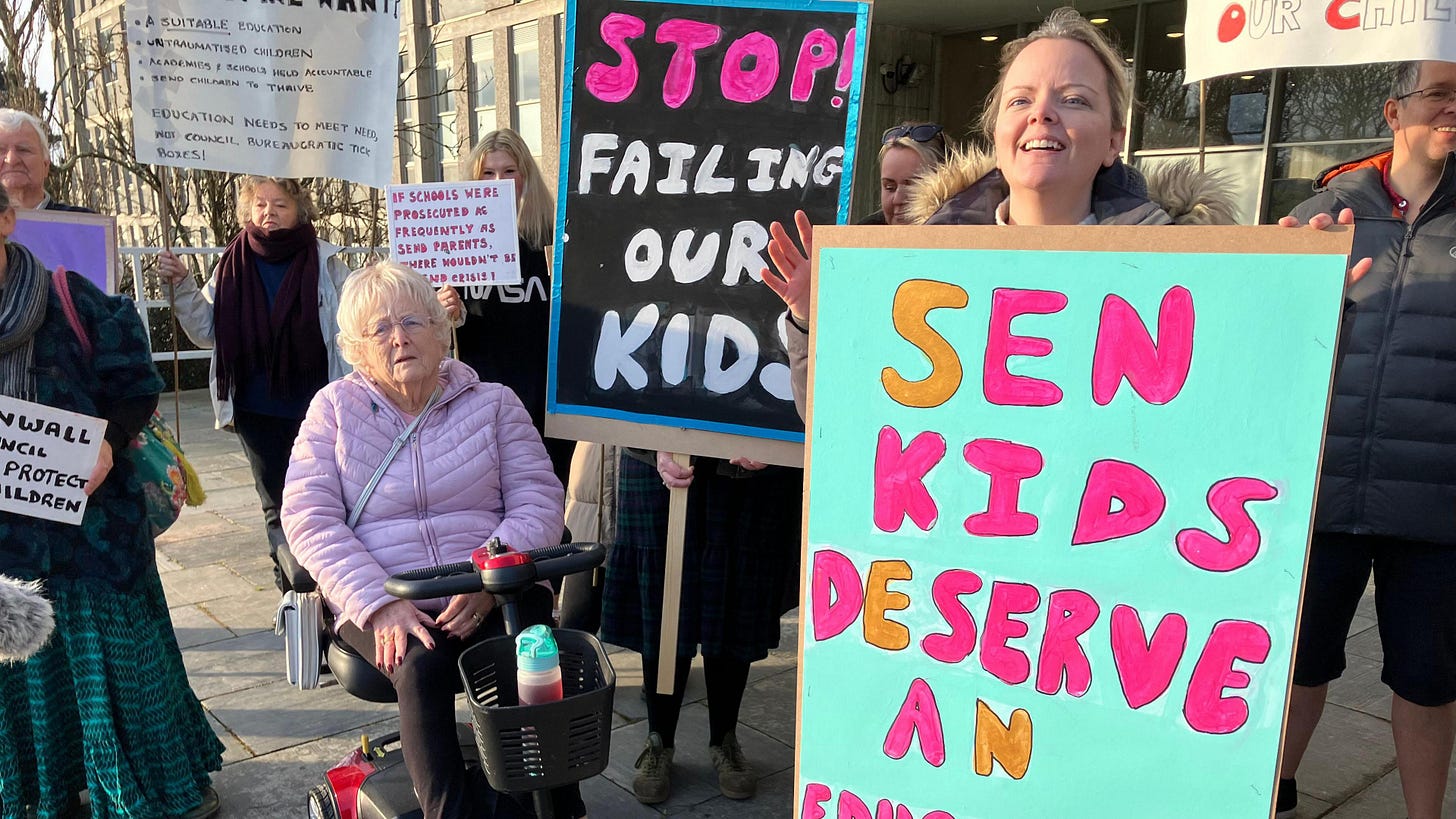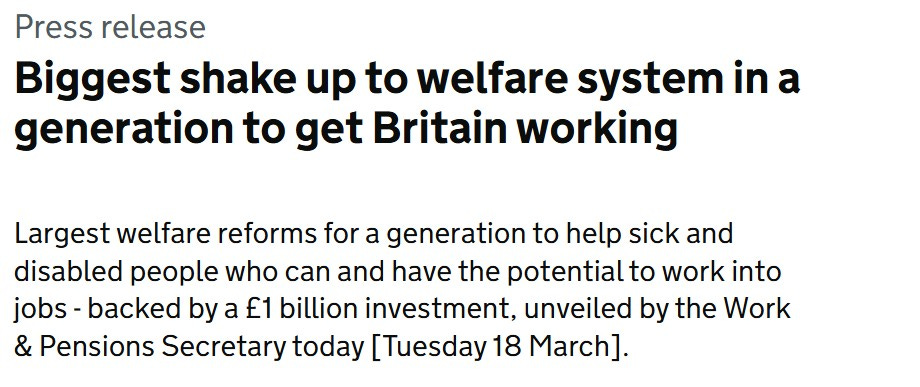I’m one of three siblings and when the youngest, my brother, was able to go to primary school at the age of five, my mum went back to work. We’d just moved to Norfolk, a large rural county in the east of England, and she worked for the educational psychologist at the County Council in Norwich. With a background in social work and needing a part-time job, she helped the psychologists organise their assessments of children who were struggling with learning at school. Back in the late 1970s, there was ONE team to cover the special needs inquiries of all the parents, teachers and schools in the whole county. At that time, all children with identified educational challenges were assessed by the psychologist and a Statement of Special Educational Needs (SEN) was drawn up, outlining their needs and the best options for them. Those with the greatest needs were educated in special schools and there were very low numbers of children with statements in mainstream provision. The whole county probably had fewer statemented children than are found in just a handful of the hundreds of state-funded primary, secondary and special schools in Norfolk today.
Something very disturbing has been happening in the last 50 years since my mum was doing that job. The children with the greatest challenges are still given a statement of needs – just like my Mum used to do – but there are many more children getting support. The statements are now called Education Health and Care Plans (EHCPs) and comprise a personalised report setting out learning challenges, the extra support required and strategies to use, with a review taking place every year. In 2023, there were just over eight and a half thousand students (8,671 or 4% of the total) with an EHCP in Norfolk, with the rate set on an upward trajectory. Moreover, a further 16,000 children were also reported as having additional needs that required extra support at school, without the backup of an EHCP. The council has plans to create an additional 2000 places in specialist schools but is already bankrupted by the cost of demand.
There is no way that the current system could function with just one team overseeing it all at the scale of the county as my mum used to do. Over the past 50 years we’ve got used to the rising numbers and tagged on additional funding, systems and staff to cope with growing demand. In what ecologists’ call ‘shifting baselines’, the rising incidence of special needs has been normalised as the problem has grown. Over time, we have forgotten what things used to be like and accepted the unacceptable because it seems normal. Taking my 90-year-old mum back to Norfolk today, she would be overwhelmed by the scale of demand, the numbers of children with very challenging and costly special needs, the numbers and complexity of personnel involved in managing the system, the volume of paperwork and eye-watering costs of it all (including the litigation involved). In half a century, the education system has been truly transformed. There is now a special needs crisis affecting every school, child and community in the UK.
Despite what we are told this is NOT because there were lots of children with special needs who were not getting support fifty years ago. Nor is it because we are now much better at spotting the problems than we were in the past. If either of these things were the case, the teachers and parents would have been complaining about the lack of support – just as they are doing today. I’m sure the system was less than perfect, and people had to wait for assessments to happen, but the numbers were just much lower than they are now.
As I’ve written on the Autism Tribune before, up to a third of all pupils in England are now given extra time in exams due to documented special needs of some kind. Many more also have health concerns: rates of eczema are now 1 in 5; asthma is 1 in 10; and severe food allergy has life-threatening consequences for at least 1 in 50. A quarter of children are overweight or obese, and a fifth are reported to have a serious mental health concern of some kind including eating disorders, anxiety, obsessions or depression. There is something seriously wrong with the neurological, immunological and psychological health of our kids.
These are the canaries in our classrooms: the rates of learning disability, mental distress and physical ill-health are real. Teachers and school leaders are struggling to cope and the system is not keeping up with demand. Parents are organising protests to get more support for their kids. And the crisis has devastating knock-on effects for the rest of society.
We need to face up to the psycho-neuro-immunological damage being done to our kids. We need to ask WHY so many of our children are sick, disabled and unable to learn. Indeed, even if pupils like our son are diagnosed and secure an EHCP, there is no guarantee that the system will be able to educate them. Our son had support relatively early in his education and he went to two mainstream primary schools, one private specialist primary school and two state-funded specialist secondary schools. Everyone did all that they could to assist but he never learned to read or write, he still can’t hold a conversation or look after himself. The cost of his education must have been colossal, but his autism proved too much for us all.
Government and officials are trying to blame the problem on overdiagnosis, the perverse incentives of the benefit system and a ‘medicalised model’ of public provision.
Only last weekend, three leading Labour ministers have been on TV outlining their plans to make cuts to the welfare and benefits bill, as well as the costs of meeting special educational needs in schools, colleges and training provision.
Wes Streeting, the Secretary of State for Health and Social Care has been saying that too many people are now being diagnosed with mental health problems and disabilities that then feed through to the schools and benefit system.
Liz Kendall, Secretary of State for Work and Pensions has just published a Green Paper with plans to cut entitlements and get people on benefits 'back into work'. She has made a special focus on the young people who move straight from school onto the benefit system as our son has just done.
Bridget Phillipson, Secretary of State for Education has launched a new inquiry to find ways to better manage ‘inclusion’ in schools.
All three are attempting to wish the problem away.
There is clear evidence of growing demand for assessments and increasing numbers of young people becoming sick and disabled. There has been a 140% increase in children with Education Care and Health Plans (ECHPs) between 2015 and 2024, rising from 240,000 to 576,000 in England alone. There is also evidence that the pipeline of demand is set to further increase. The Children’s Commissioner has calculated that the number of children waiting for a first meeting with the relevant health service team is now 400,000, approximately 3% of all the children living in England, and some of them wait for more than 4 years!
There is also clear evidence of the growing cost for services which now demand at least £10.7 billion a year, bankrupting many of the councils that administer local provision. Government ministers and civil servants are trying to find ways to spread the money more widely and reduce the overall costs, but the problem is not going away.
The Department of Education’s Expert Advisory Group for Inclusion has just launched a six-week call for evidence on ‘Inclusion in Practice’. It seems government are keen to overturn the old ‘medicalised model’, that relies on a health diagnosis of the problem and a council-led assessment of educational need. Indeed, Phillipson herself opened the invitation for submissions to the project by saying: “a classroom that caters to all is a strength. Children thinking in different ways is a gift.”
And here the arguments about ‘neurodiversity’ are a gift to ministers looking for cuts. If they can assert that autism and related neurological disorders are ‘gifts’ to the classroom, they can insist on inclusion and reduce the cost of provision. They are trying to wishful think the canaries out of the way.
But in practice, the canaries can’t and won’t fly away. They will become more of a challenge to school leaders, teachers and communities. There will be less funding and support for the special needs kids. Parents will feel forced to keep their children at home, increasing the benefit bill as they can’t go to work.
Eventually, the government will have to ask WHY we have growing numbers of children with neurodevelopmental disorders such as autism, dyslexia, dyspraxia and Attention Deficit with or without Hyperactivity Disorder (AD(H)D) as well as the emotional complaints of anxiety, depression, eating disorders, self-harm and Obsessive Compulsive Disorder (OCD). Teachers, parents and community leaders will tell you that these problems are real. We can’t just wishful-think them away.
In the United States, President Trump has supported RF Kennedy Jnr to find out why increasing numbers of children are afflicted this way with a view to doing something about it. Kennedy’s team are determined to identify the cause of the problem, even if that means curbing our enthusiasm for vaccines. Our best hope is that their good sense finds its way to this side of the pond. Our children and the next generation depend on it – not to mention the tax-payer.











Thanks Anne. Your work is brilliant. Please keep going. We need to keep repeating ourselves until people realise what is happening ... and likely, hear something different from Kennedy/Trump and then start to panic. I'm praying that the MAHA Commission will do what is needed before it's too late. They are brave and we need to be brave. Thank God that people voted for change.
So very true - the whole education system is a volcano ready to erupt. Forcing kids with special needs into mainstream environments because the ‘special’ schools are bursting at the seams. No one seem to be questioning why ? I have saw the difficulty up close where a mainstream teacher is trying to cope with kids with autism and severe ADHD in one classroom often without help. The reality is that no one gets the attention they need and learning suffers for all.